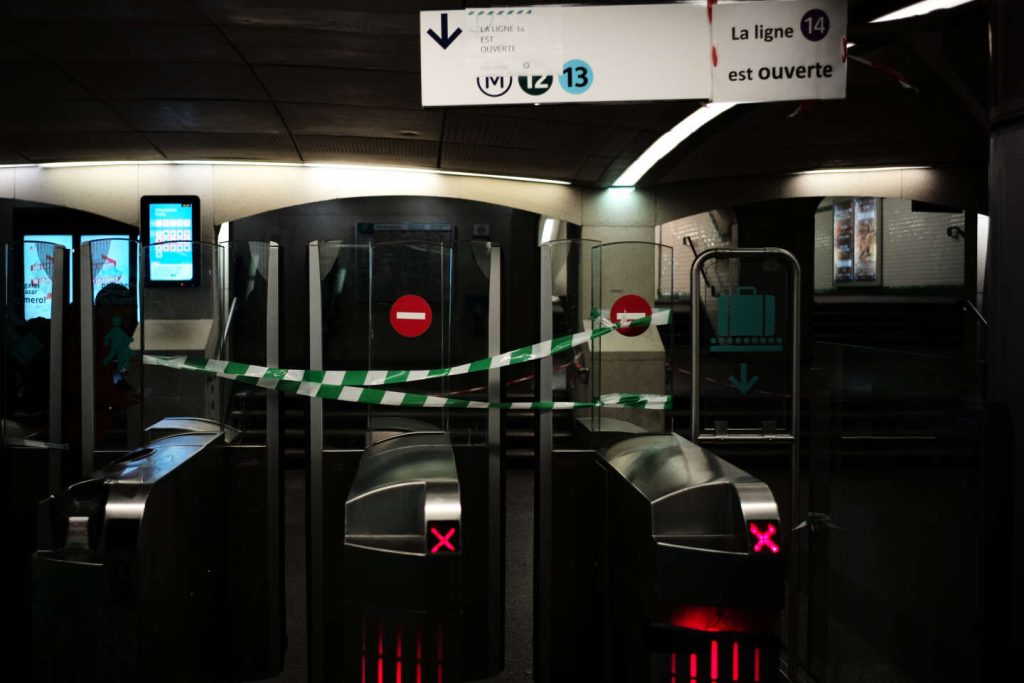The Senate adopted a proposal to limit strikes in transportation during certain periods, sparking a debate ahead of the 2024 Olympic Games in Paris. The proposal aims to strike a balance between the right to strike and service continuity by allowing the government to prohibit strikes for thirty days per year during specific periods, such as school holidays, public holidays, elections, and major events like the Olympics. The measure has been highly contested, with the left opposing it and the right and center majority in favor.
The proposal also includes measures to increase the minimum service level during peak hours, extend the notice period for strikes, and introduce conditions for requisitions. It also aims to combat prolonged strike notices that can last for months without any action being taken. There is also a provision that requires employees wanting to strike to join the movement at the beginning of their shift, preventing short strikes that can disrupt operations.
The debate around limiting strikes resurfaced during the February school holidays, with Prime Minister Gabriel Attal expressing concern about the frequency of strikes during specific periods. While some members of the majority party supported the proposal, Transport Minister Patrice Vergriete opposed it, citing concerns about its constitutionality and the potential for exacerbating social tensions. Nevertheless, the proposal passed in the Senate, with strong opposition from the left.
The left has voiced concerns that the proposal could incite social unrest, especially with the Olympics approaching. They argue that the majority in the Senate is trying to prioritize vacation rights over the general interest, while also critiquing the proposal for allegedly disregarding constitutional principles. The CGT Transports union has accused the majority party of pandering to capitalist interests rather than protecting the rights of workers.
The government’s position on the proposal remains uncertain, with Transport Minister Vergriete opposing it but some members of the majority party in favor. The debate over the right to strike and the need for service continuity in essential sectors like transportation continues to be a contentious issue in France, especially in the lead-up to major events like the Olympics. The proposal’s fate in the National Assembly is uncertain, with potential implications for future labor relations and social tensions in the country.


